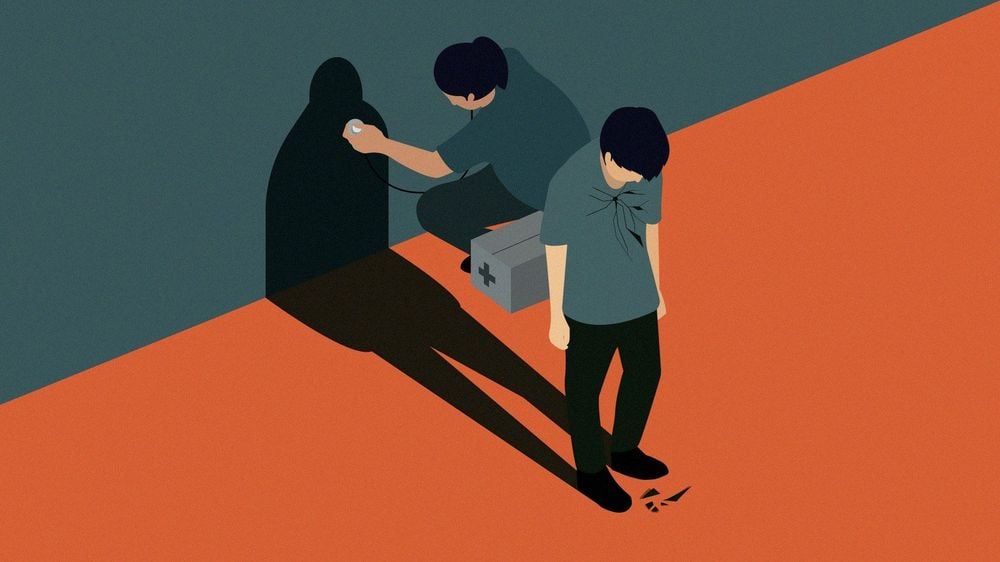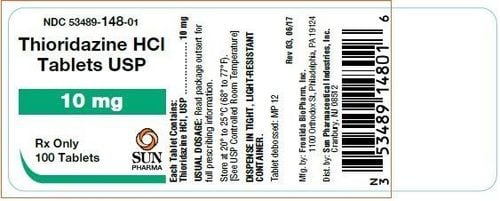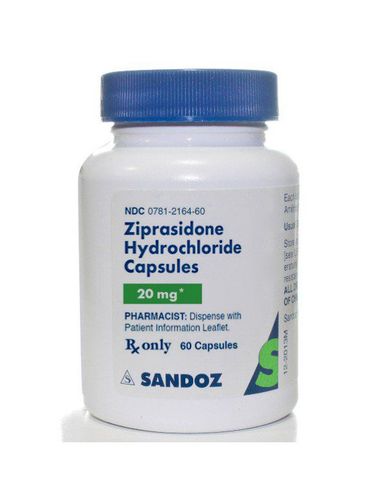This is an automatically translated article.
Depression is a serious psychological and social disorder. If not recognized and treated early, depression can take a patient's life at the best time of life.1. What is depression?
Depression is a life-threatening neurological disorder that affects hundreds of millions of people worldwide. Patients often cannot recognize the signs of depression themselves and people around them also find it difficult to recognize these signs.In Vietnam, up to 30% of the population suffers from mental disorders, especially depression. Patients feel sad, depressed, no longer interested in life, not eating well, losing sleep, not working effectively, inferiority complex, constantly sad and thinking about death. Depression is often accompanied by anxiety, heaviness in the head, neck and shoulder pain, chest pain, nervousness, and cold hands and feet.
Depression can occur at any age, 2 times more women than men. It causes serious harm to the family and society because it causes suffering, disrupts normal life and, if left untreated, carries the risk of depression leading to suicide. For example: the recent case of a Korean female idol who committed suicide after a long period of depression, the mother took the life of her newborn baby (postpartum depression),...
2. What situations easily lead to depression?
Depression often occurs in the following (and similar) circumstances:Mental trauma: Loss of a loved one, loss of property, pressure at work, family burdens, facing difficulties difficulties are too great, career loss, prolonged discord,...; Pupils and students study too hard, have many homework, are frustrated and overloaded because of pressure from parents and schools; The elderly are not cared for, depressed, slow, quiet, forgetful (easily mistaken for signs of old age); People who have been through a period of extreme mania: Overconfident, needless to sleep, talkative, impulsive (patients with bipolar mood disorder); Patients with schizophrenia , have had periods of depression ; Women a few weeks after giving birth (postpartum depression), the rate is not much but quite serious, must be detected and treated early.

Hoàn cảnh nào dễ dẫn đến trầm cảm?
3. Risk of depression leading to suicide
Depression manifests itself to varying degrees. Suicide is the final level, after serious and prolonged psychological disturbances. The rate of depression leading to suicide is quite high between the ages of 15 and 24. The risk of depression leading to death is related to the factors that patients often face in daily life.Depression is dangerous because it's when the patient thinks about ending, has suicidal thoughts and begins to behave towards death. The patient seems to no longer control his thoughts and behavior. They believe that suicide is the only way to free themselves from obsessions and torments for a long time. In fact, suicidal thoughts or behaviors related to suicide, harming others is one of the signs of major depression.
Depression in general is not a homogeneous disorder but a complex phenomenon, manifests in many clinical forms and can have many causes. To limit and prevent depression leading to suicide, it is necessary to recognize the signs of depression and seriously evaluate it right from the moment when the patient has thoughts of wanting to die.
4. Signs of depression leading to suicide

Không phải bất cứ ai trầm cảm cũng có nguy cơ dẫn đến tự kết liễu cuộc đời mình
Sudden thoughts of death; Offenders are incarcerated; Family history of suicide; Feelings of despair as events culminate; Have attempted suicide in the past; Someone in the family has a mental illness; Have ever used or are using addictive substances (such as alcohol, beer, tobacco, opium...); At the residence, there are weapons, tools that cause damage or objects to support suicide (guns, knives, ropes...). The most urgent situation for a depressed patient is when they have thoughts of suicide.
4.2. Warning signs of suicide risk According to information from the National Suicide Prevention Lifeline (National Suicide Prevention Lifeline) in the United States, warning signs of depression leading to suicide include:
Mental expression erratic state of affairs; Sleeping too little or too much; Talk about wanting to die or wanting to commit suicide; Talk about yourself becoming a burden to others; Showing signs of extreme anxiety or agitation, behaving recklessly; Self-separation from the community or self-isolation; Tendency to alcohol and drugs; Expressing rage or talking about seeking revenge for something; Talk about feeling hopeless or having no reason to go on living; Talk about a deadlock situation or intolerable pain; Start looking for ways to commit suicide, such as searching for keywords related to suicide or preparing weapons or means to commit this act.
5. How to prevent suicide due to depression

Bệnh nhân trầm cảm nên tiến hành điều trị từ sớm với bác sĩ tâm lý để được chỉ định phương pháp điều trị phù hợp
Try suggesting they do things they enjoy, positive things, like learning to journal or going on a trip to a peaceful place to relax. In particular, families should observe and pay attention to whether they have hidden damaging tools in their own rooms. If you see on the patient's body (arms, legs, chest...) there are scratches or injuries, they should be monitored continuously, do not let them out of sight.
5.2. If you are someone who can understand your client's stressors (money, work, relationships, etc.), help them find ways to solve their problems. this topic. Many people show signs of depression when they are depressed, severely fatigued, or have just experienced a heartbreaking event such as the loss of a loved one, the loss of a large property, a breakup with a lover, a divorce from a husband or a loved one. wife...
To let go of depression and negative thoughts, the patient can be suggested to learn a minimalist lifestyle and keep moving forward. If you can't solve the problem, you should at least find a way to help the patient stay away from stressful objects and events.
5.3. Seeking support from a psychologist Depression patients should start early treatment with a psychologist to be prescribed appropriate treatment methods. For those who show signs of depression while being treated for a certain medical condition, you should also consult a doctor because the drugs used may interfere with the treatment process.
Patients with major depression often find it difficult to realize they need help or psychological treatment. The longer you isolate yourself, the longer your symptoms last without treatment, the higher your risk of depression leading to suicide. Therefore, it is advisable to recognize early signs of depression, especially when there are negative manifestations and thoughts, so that you can promptly save yourself and your loved ones, to avoid unfortunate consequences.
Patients suffering from depression or showing signs of depression can go to Vinmec International General Hospital for examination and treatment. There is a team of well-trained, experienced and professional psychologists; application of psychological testing methods and advanced psychotherapy in the world; system of modern equipment, meeting international standards; Professional service quality, high efficiency in diagnosis and treatment.
Please dial HOTLINE for more information or register for an appointment HERE. Download MyVinmec app to make appointments faster and to manage your bookings easily.













